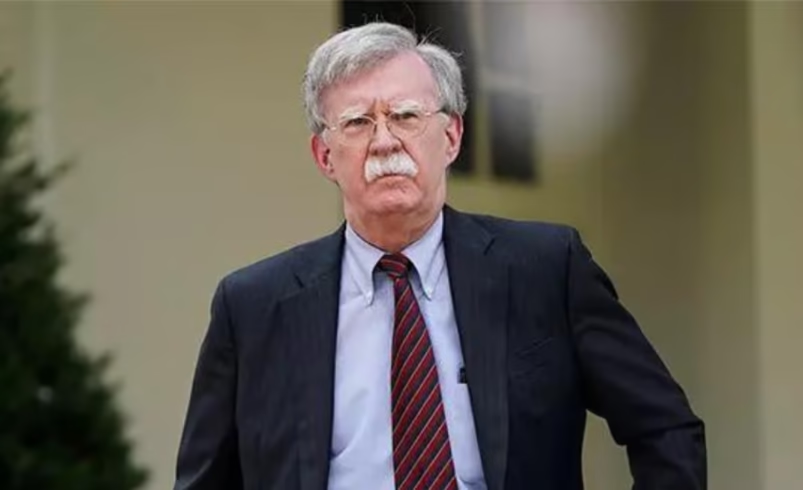Bolton slams Trump tariffs, pushes India-US dialogue and Quad focus
- September 17, 2025
- 0

Former U.S. National Security Advisor John Bolton has sharply criticized the tariff policies imposed by Donald Trump on India, describing them as a strategic error that complicated bilateral relations. Speaking on the broader implications of trade disputes, Bolton emphasized the need for Washington and New Delhi to return to the negotiating table to reduce tariffs and restore mutual trust.
Bolton argued that the imposition of tariffs on Indian goods undercut efforts to strengthen ties between two major democracies. According to him, these measures not only strained economic cooperation but also diverted attention from larger strategic priorities. He described Trump’s approach as “incoherent,” suggesting that inconsistent policies weakened the ability of both nations to build long-term stability in their partnership.
Highlighting the importance of diplomacy, Bolton urged both countries to resume structured discussions aimed at lowering trade barriers. He noted that constructive engagement could help rebuild confidence and create a more predictable environment for businesses and governments alike. In his view, restoring dialogue is essential for advancing shared interests in security, technology, and regional stability.
Beyond trade issues, Bolton underscored the significance of the Quadrilateral Security Dialogue — commonly known as the Quad — which brings together India, the United States, Japan, and Australia. He stressed that this grouping is vital in balancing emerging alignments between China and Russia. By reinforcing cooperation within the Quad framework, he suggested that member nations could better safeguard their interests in an increasingly competitive global landscape.
Bolton also referred to Pakistan’s remarks regarding Donald Trump’s lack of involvement in easing tensions following an attack in Kashmir. According to him, this absence of engagement highlighted gaps in U.S. foreign policy during moments of heightened regional conflict. The observation added further weight to his critique of what he described as an inconsistent approach under Trump’s leadership.
Taken together, Bolton’s comments reflect his broader concern about how short-term trade disputes distracted from larger strategic goals. By focusing on tariffs rather than long-term cooperation, he argued that opportunities were missed to deepen trust with India and strengthen collective responses to global challenges. His remarks suggest that recalibrating policy toward sustained dialogue could serve both nations more effectively than punitive economic measures ever could.
In conclusion, John Bolton’s assessment portrays tariffs on Indian goods as a setback that undermined U.S.-India relations at a critical time. By calling for renewed talks and emphasizing frameworks like the Quad, he highlighted pathways through which both countries can rebuild trust while addressing broader geopolitical shifts. His critique serves as a reminder that consistent engagement often proves more valuable than confrontational tactics when navigating complex international partnerships.